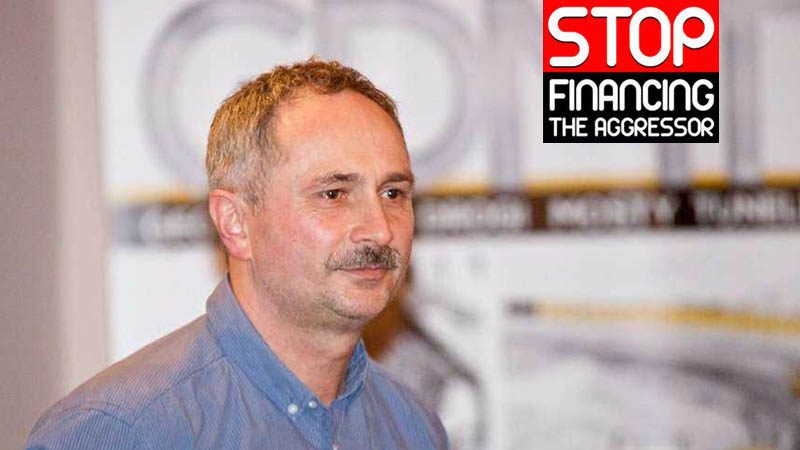Even if we pay a lot now for cutting off gas, oil and coal imports from Russia, it is still worth doing it as in the long term we will stabilize the political situation in Europe; otherwise, Russian aggression will go further and the criminal Russian regime, using its army, will not stop invading other countries, killing civilians, raping women and damaging their infrastructure. This is unfortunately an inherent trait of Russian culture, although it is better to call it an anti-culture, well known from the past and current history.
As a result of Russia’s war, fossil fuel prices have skyrocketed, meaning that even more money is flowing into the Russian regime’s war chest as long as Europe continues to buy similar quantities of these fuels. This is not a great incentive to stop the aggression.
As Germany is the largest consumer of Russian fossil fuels in Europe, much depends on how Berlin will act.
As Germany is the largest consumer of Russian fossil fuels in Europe, much depends on how Berlin will act. After Russia’s annexation of Crimea and the Russian-instigated « civil war » in eastern Ukraine in 2014, Germany publicly expressed its disapproval. However, it has not stopped buying Russian fossil fuels and has even decided to go ahead with the German-Russian Nord Stream 2 Baltic gas pipeline project, designed to double the existing pipeline’s capacity, just a year later, despite strong opposition from Eastern Europe and Ukraine. Had Russia’s current attack gone according to plan and succeeded in breaking Ukrainian resistance in a matter of days, Germany could have responded in similar ways: public condemnation while continuing to import cheap Russian fossil fuels at similar levels as before, potentially increasing Germany’s energy dependence on Russia even further in the future.
Fortunately, things did not go that way this time. With Ukraine fiercely resisting the Russian attack, Germany faces a difficult choice: Either pay a heavy economic price for ending its energy dependence immediately by cutting off imports of Russian fossil fuels now, or stab the Ukrainians in the back by failing to take decisive action, which in turn is likely to encourage the Russian regime to continue its aggression and escalate further, spilling more Ukrainian blood, causing further damage to the Ukrainian economy, and affecting other countries as well, especially those that rely on Ukrainian wheat for their food supplies. The latter course of action – or inaction – might serve German economic interests in the short term by avoiding a recession triggered by energy supply shortages. However, it also means that other, poorer countries will have to pay a price far beyond their economic capacities.
Through its past policy decisions, Germany has contributed massively to the growing problem of Russian militarism and expansionism that we now face. Refusing to contribute to solving this problem today is wrong and dangerous.
It is a geopolitical imperative to immediately stop funding the aggressor. Europe must take a clear stance and set clear limits on Russian expansionism. And Germany should stop blocking a European ban on imports of Russian gas and oil. Through its past policy choices, Germany has contributed massively to the growing problem of Russian militarism and expansionism that we now face. Refusing to contribute to solving this problem today is wrong and dangerous. In a few years, with hindsight, this could easily be seen as complicity with the aggressor and turn into a shared German-Russian responsibility for the next war disaster in Europe.
Andrzej Truty, Prof. Dr. habil. Ing., is a professor at the Institute of Geotechnics and Strength of Materials at Cracow University of Technology (Poland). All the above statements are written as his own.



